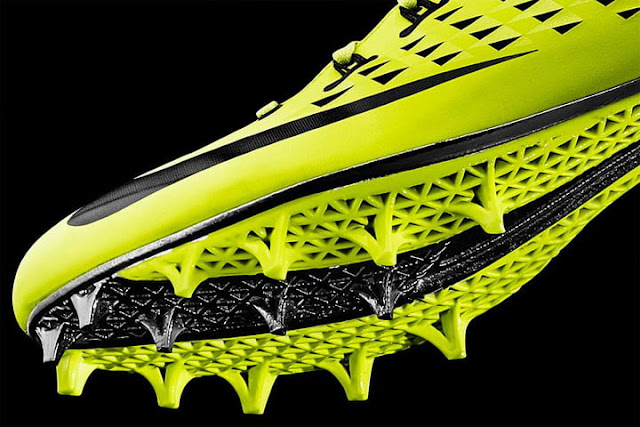MIFT research on Smart Clothing, Intelligent Clothing, E-Textile, Smart Fabrics, Wearable Technology and Connected Clothing
 |
| Smart fabrics Can keep extreme condition environment under control for example Still Factory Workers Dress |
Can we put 1000 rupees hidden
GPS in 10 Million rupees Diamond Ring to make it secure, track it if lost or in
case of theft? Google & Tesla Autonomous Connected Cars do not have driver,
do you think there must be something for pedestrian safety also for worst case scenario?
Can smart fibre improve health of huge workforce working in Steel factory,
under water crude oil extraction and coal mines etc, where temperate, pressure,
humidity is lethal?
 |
| Wearable Technology may or may not be connected to global Internet. It can be used for health monitoring, playing games and watching movies. |
Indian housewives hold 11%
of the world's gold; that is more than the reserves of the USA, the IMF,
Switzerland, and Germany all put together. Traditionally Bride wears gold
necklace, ring, bangle etc, and commonly these ornament sets cost can vary from
1 million rupees to countless.
MIFT is doing extensive
research on future of fashion technology in Indian context. Do you know anyone
technology from Smart Clothing, Intelligent Clothing, E-Textile, Smart Fabrics,
Wearable Technology and Connected Clothing? Let us discuss these technologies
one by one. E-textiles are distinct from
wearable computing because emphasis is placed on the seamless integration of
textiles with electronic elements like microcontrollers, sensors, and actuators.
Furthermore, e-textiles need not be wearable. For instance, e-textiles are also
found in interior design. Three distinct generations of textile technologies
are coming in future
1. "First generation" attach a sensor to apparel. This approach is currently
taken by sportswear brands such as Adidas, Nike and Under Armour
2. "Second generation" products embed the sensor in the garment, as
demonstrated by current products from Samsung, Alphabet, Ralph Lauren and Flex.
3. In "third generation" wearables, the garment is the sensor. A
growing number of companies are creating pressure, strain and temperature
sensors for this purpose.
 |
| Even simple lighting system in textile can be called as e-textile? |
At MIFT we define “Smart
fabrics” as fabrics which can withstand extreme condition and help in survival
from Fire, Earthquake, and Tsunami etc. Space Suit Fibre technology is good example;
Space suit fibre can withstand varied negative pressure, cyclic temperature and
other fatigue enduring environments. In manufacturing industry such as Steel
Plants, Coal Mines, under water Crude Oil/Tunnel/Construction; huge workforce
and labourers work in extreme conditions. If Smart fibre cost if reduced
drastically, it will be very health for those people.
 |
| Autonomous Connected Driver-less Cars : Google, Tesla and many car makers are working on it. But MIFT is working on pedestrian safety suing connected clothing |
Connected Clothing idea is
result of Luxury Fashion and Internet of things primarily started for safety
from theft /lost however it is going to be in main stream, it will be like
searching your Diamond Ring, watch or purse by your mobile phone call or GPS
tracker. MIFT found out smart Home, Autonomous Connected Cars, Internet of
things will never be effective & efficient without connected clothing. MIFT
believe If Autonomous Connected Cars do not have driver then there must be
something for pedestrian worst case protection to improve factor of safety.
At
MIFT we define wearable technology as “wearable with integrated electronics,
software, sensors, intended for personal use, entertainment, user's health and
business. Wearable can measure Heart rate, Calories burned, Steps walked, Blood
pressure and Time spent exercising. Augmented reality glasses for games and
movies are good example of wearable technology.




Comments
Post a Comment